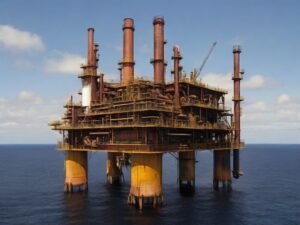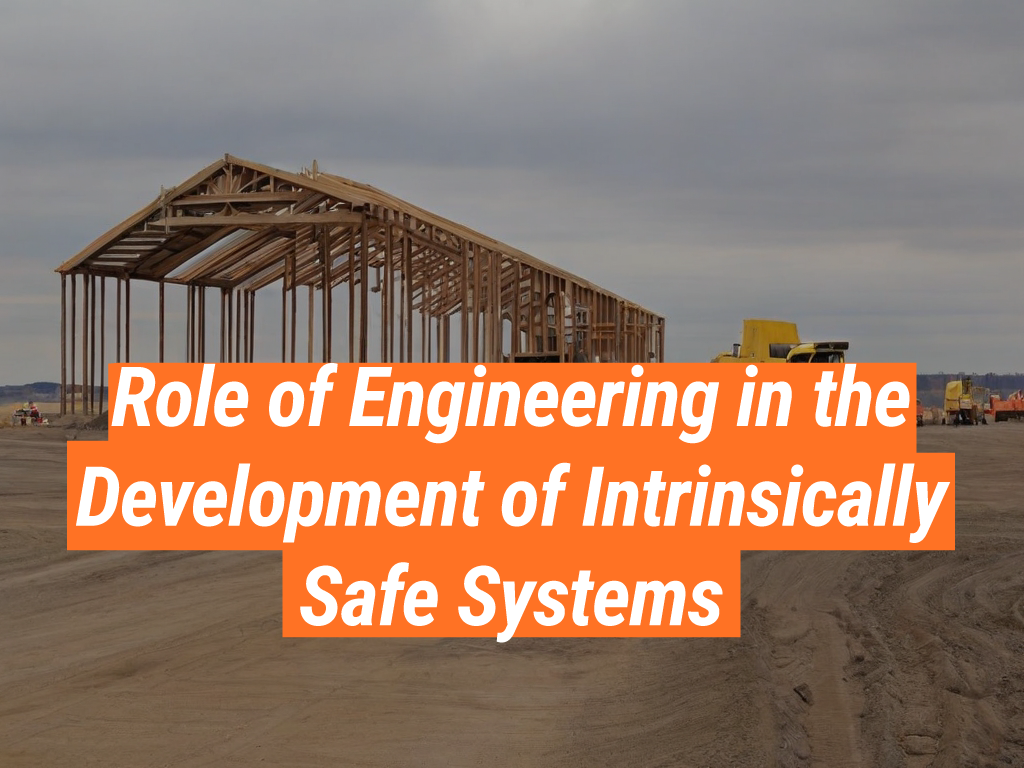Engineering plays a pivotal role in the development of intrinsically safe systems. These systems are designed to prevent explosions in hazardous environments by ensuring that the energy available for ignition is always low. At the Intrinsically Safe Store, we understand the importance of these systems and the engineering behind them. We invite you to explore our website to learn more about our products and services.
Understanding Intrinsically Safe Systems
Designers create intrinsically safe systems to operate in potentially explosive atmospheres without causing ignition. These systems achieve this by limiting the electrical and thermal energy to levels below what can ignite a specific hazardous atmospheric mixture. This is where engineering comes into play, as it is responsible for designing and implementing these safety measures.
The Role of Engineering
Engineering plays a crucial role in the development of intrinsically safe systems. It involves the application of scientific and mathematical principles to design and manufacture these systems. Here are some ways engineering contributes to the development of intrinsically safe systems:
- Designing and implementing safety measures: Engineers design the safety measures that prevent the ignition of hazardous atmospheres. This involves understanding the properties of the hazardous materials and designing systems that can operate safely within these environments.
- Testing and validation: Once the systems are designed, engineers test them to ensure they are safe. This involves simulating hazardous conditions and verifying that the systems can operate safely.
- Maintenance and improvement: Engineers also play a role in maintaining and improving these systems. They monitor the performance of the systems and make necessary adjustments to ensure they continue to operate safely.
Case Study: Engineering Intrinsically Safe Systems in the Oil and Gas Industry
The oil and gas industry is a prime example of an industry that relies heavily on intrinsically safe systems. Drilling operations, refineries, and transportation facilities use these systems to prevent explosions. Engineers design these systems to operate safely in environments where flammable gases and vapors are present.

For instance, engineers designed intrinsically safe systems for use in offshore drilling operations. Designers create these systems to prevent ignition in the presence of flammable gases. They set the electrical and thermal energy to levels below what is required to ignite the gases. This is a clear demonstration of how engineering plays a crucial role in the development of intrinsically safe systems.
The Role of Engineering in Intrinsically Safe Systems
In conclusion, engineering plays a pivotal role in the development of intrinsically safe systems. It involves designing and implementing safety measures, testing and validating these systems, and maintaining and improving them. The oil and gas industry is a prime example of an industry that relies heavily on these systems. At the Intrinsically Safe Store, we understand the importance of these systems and the engineering behind them. We invite you to contact us to learn more about our products and services.


